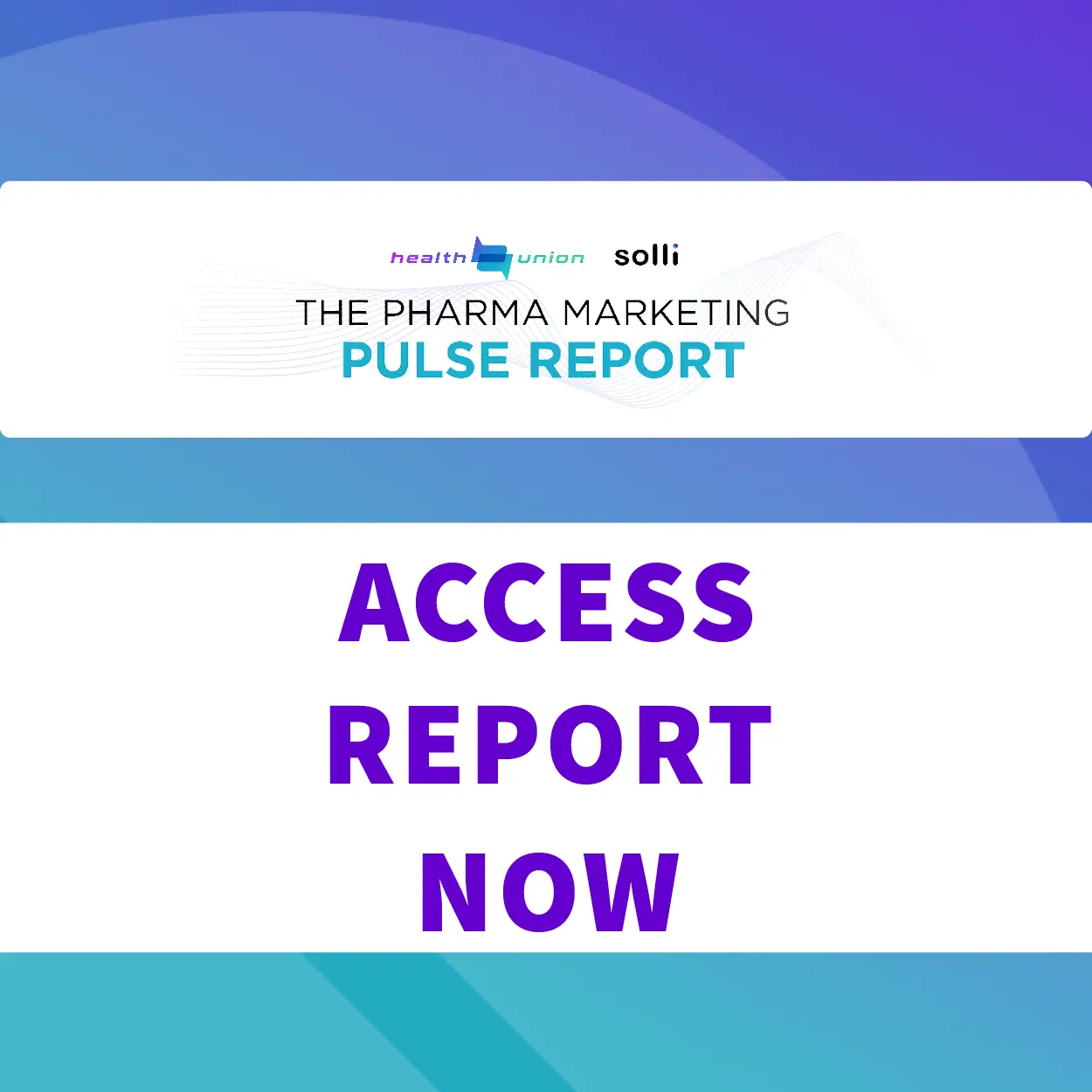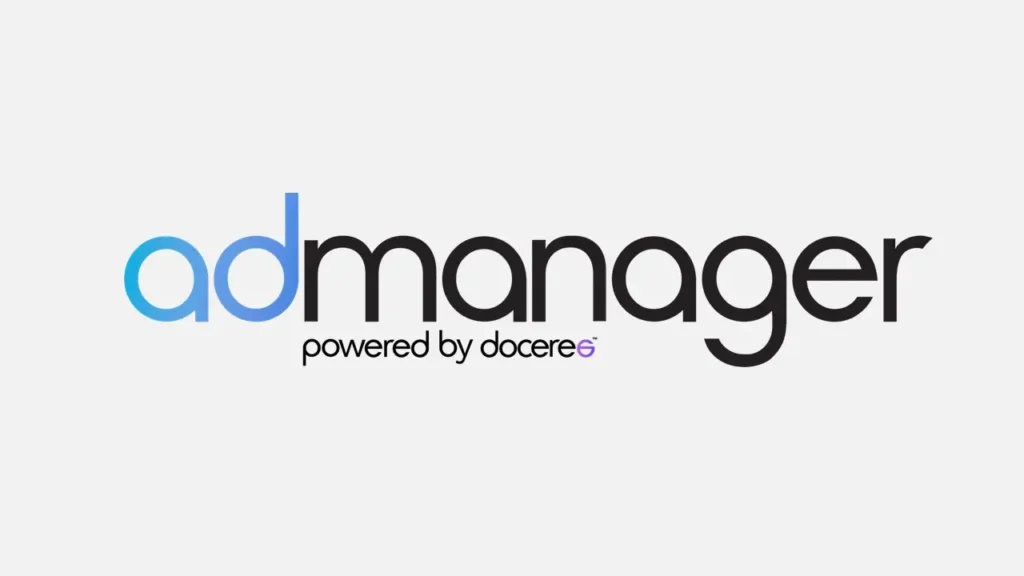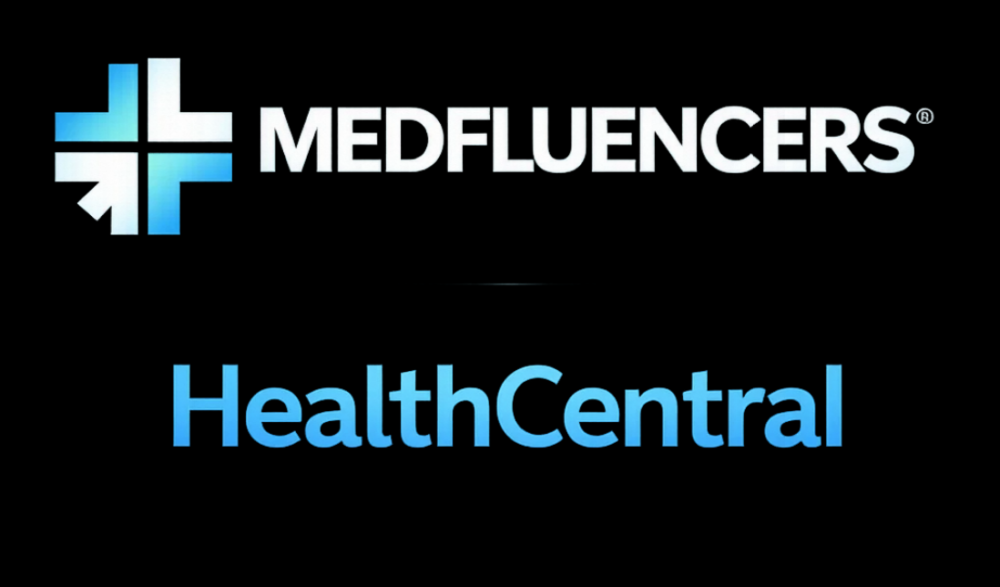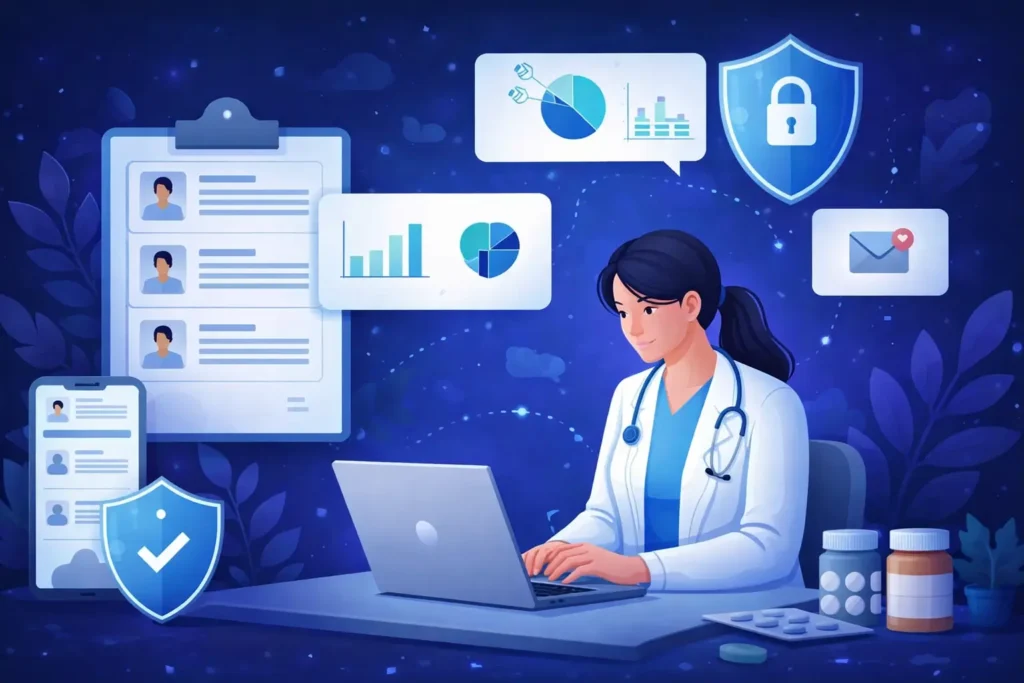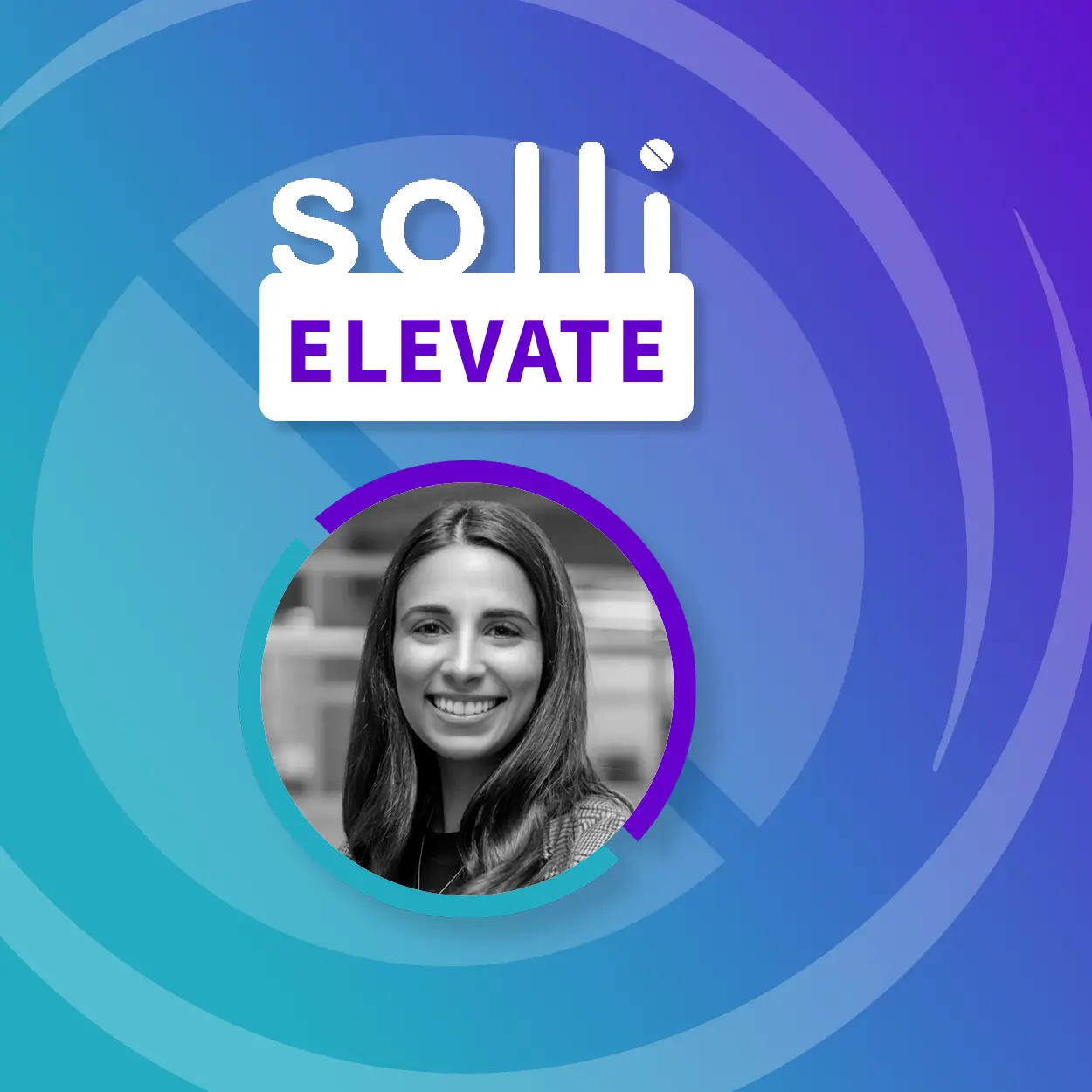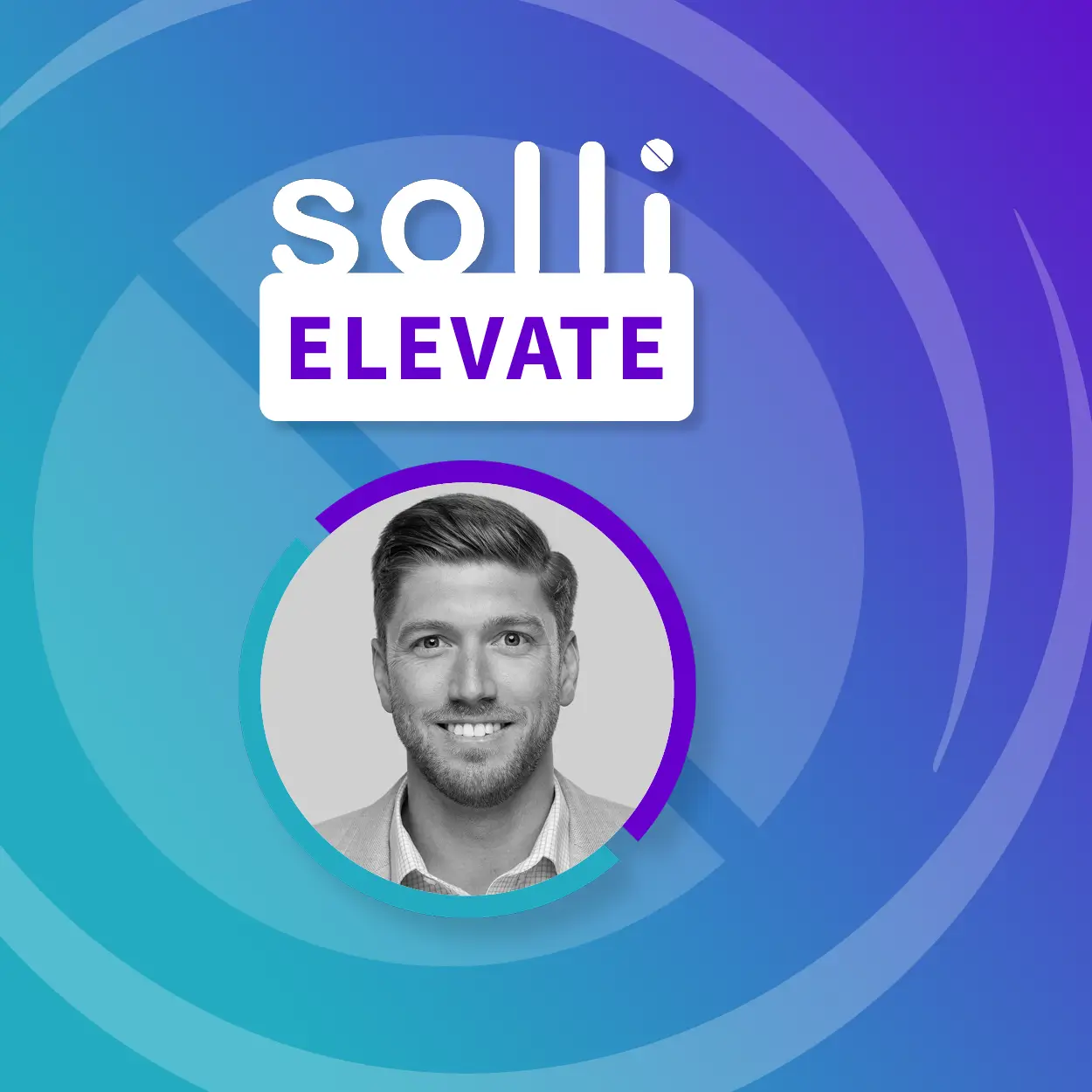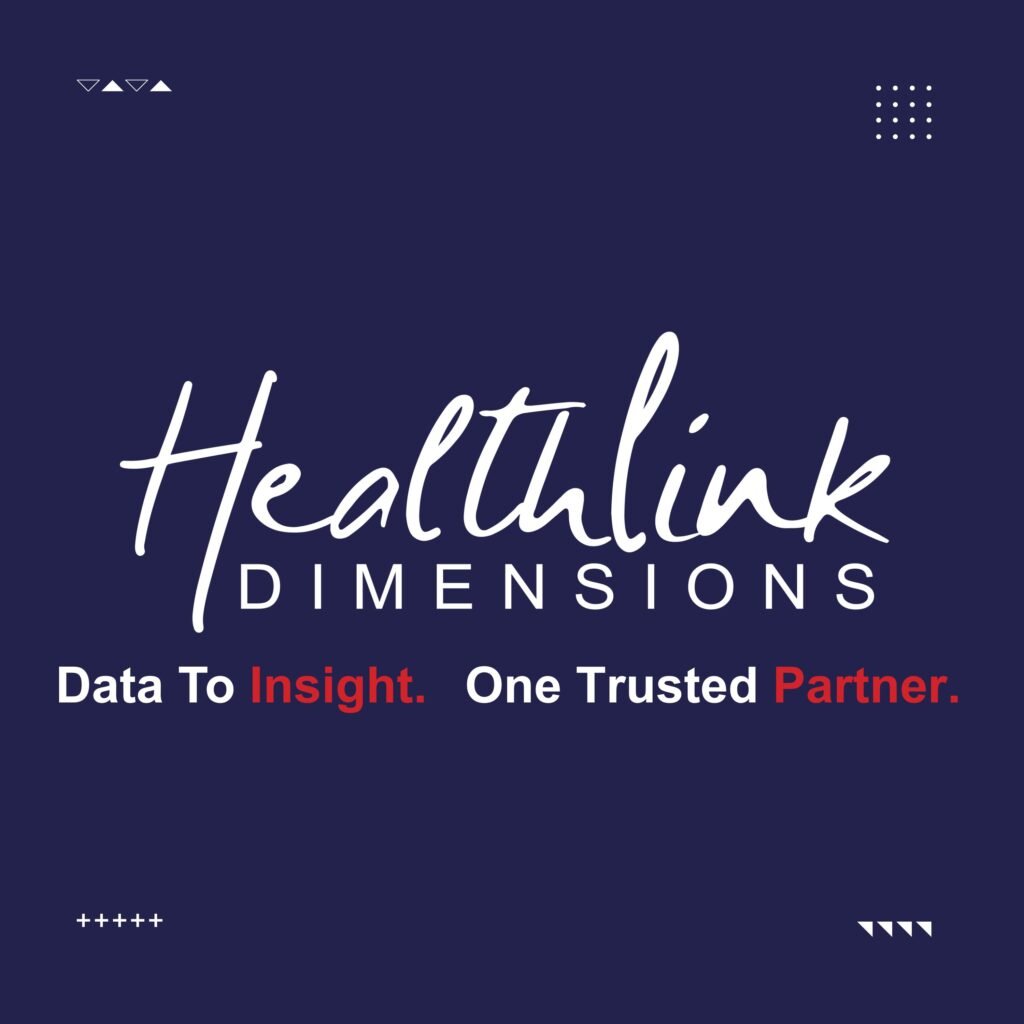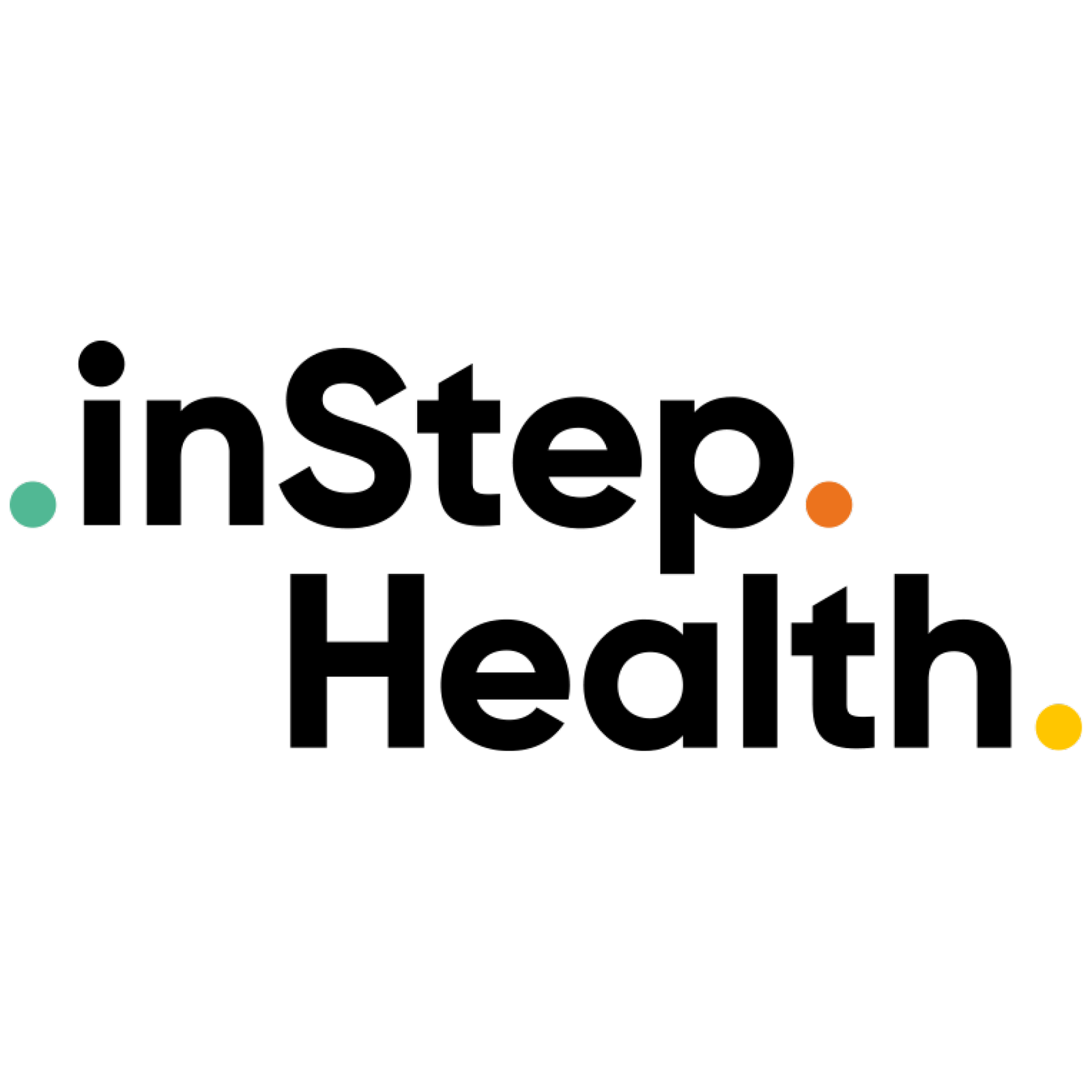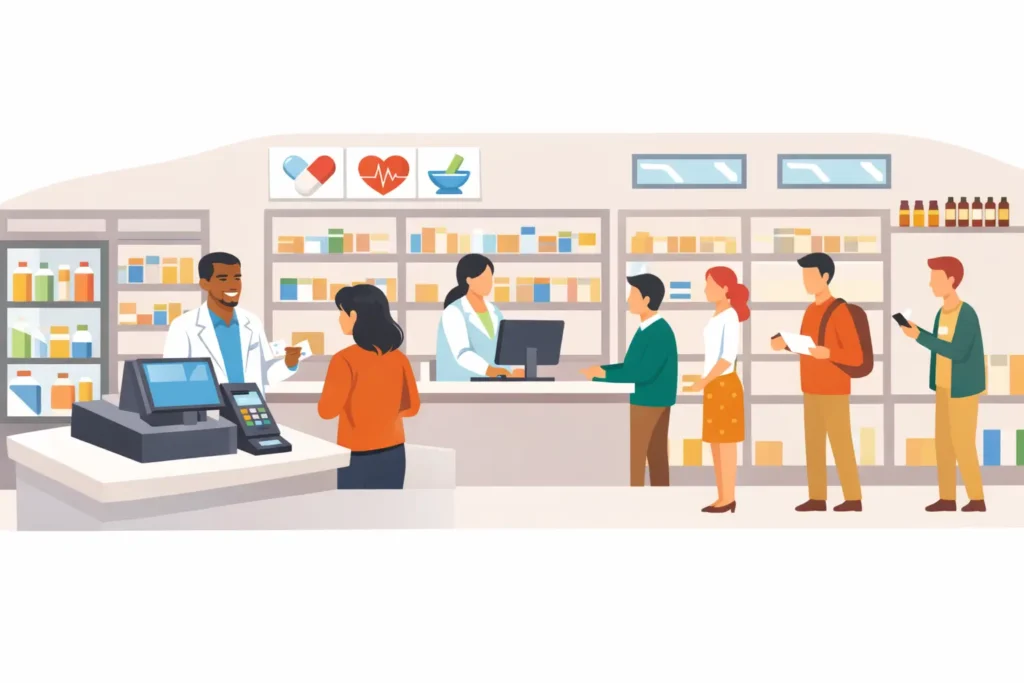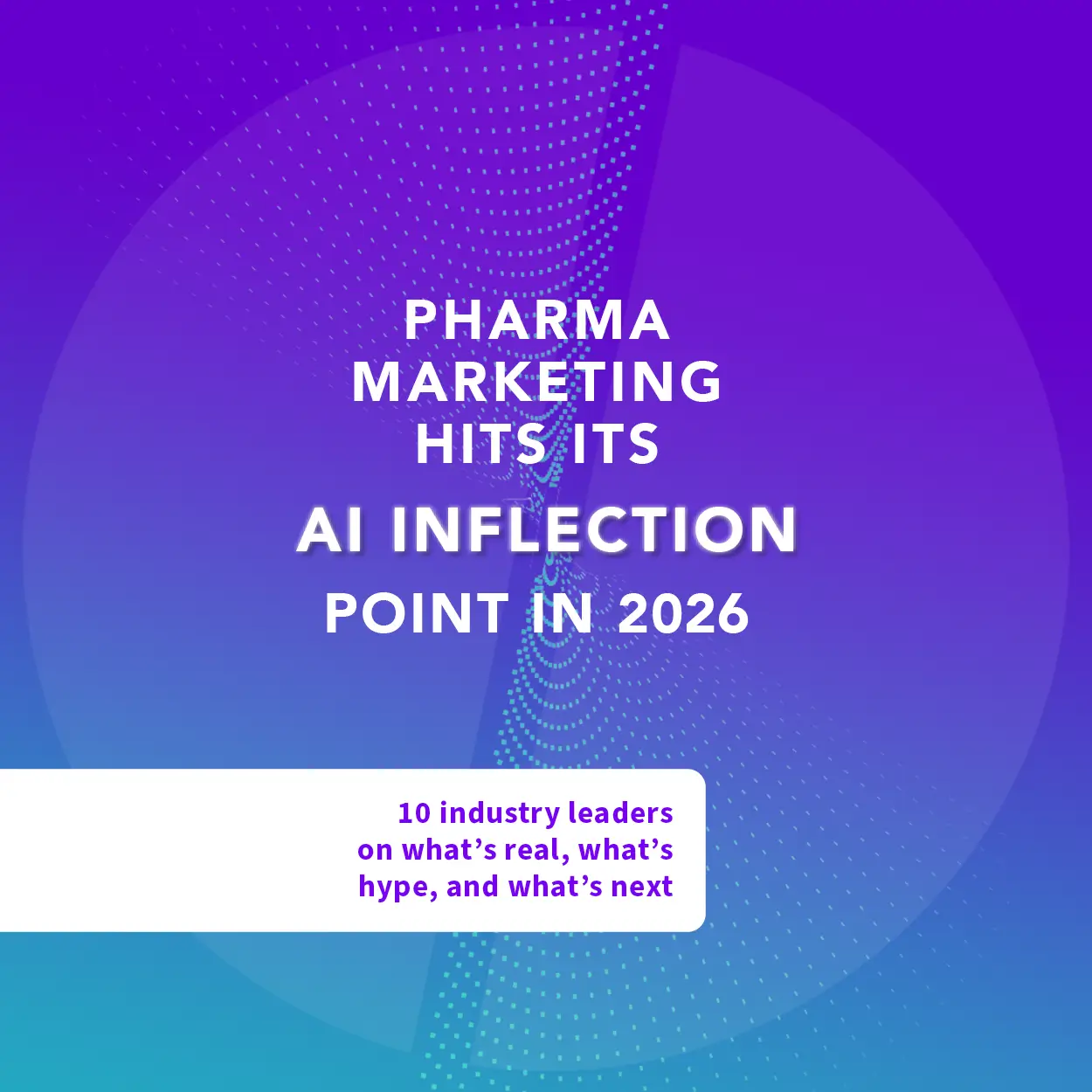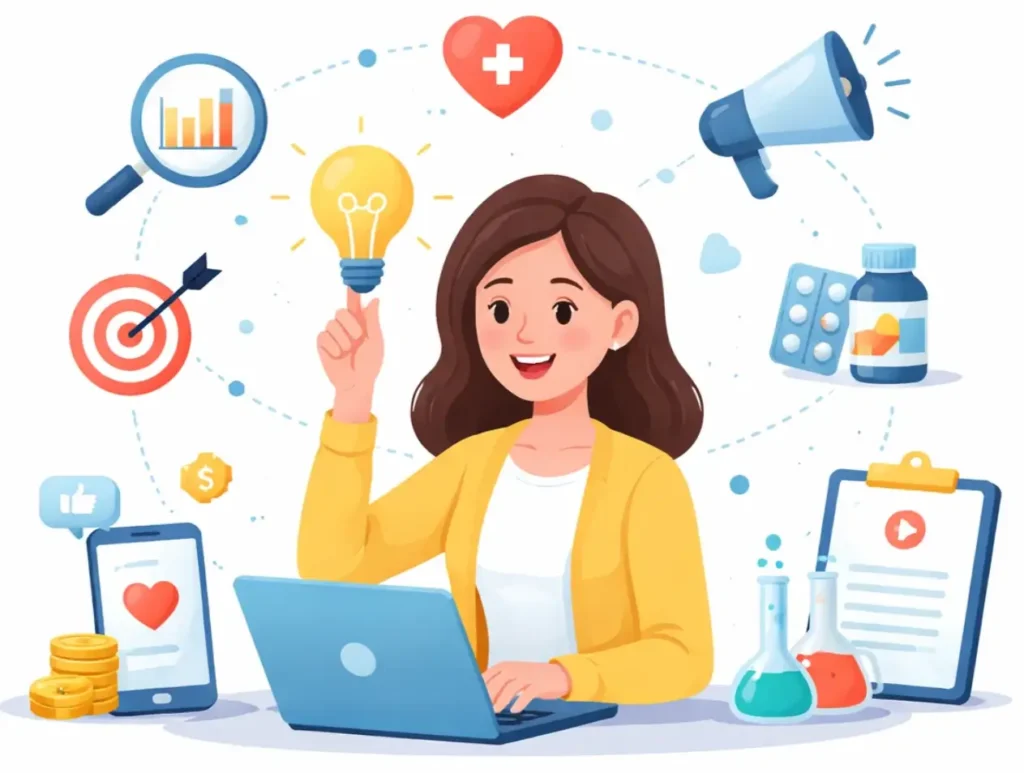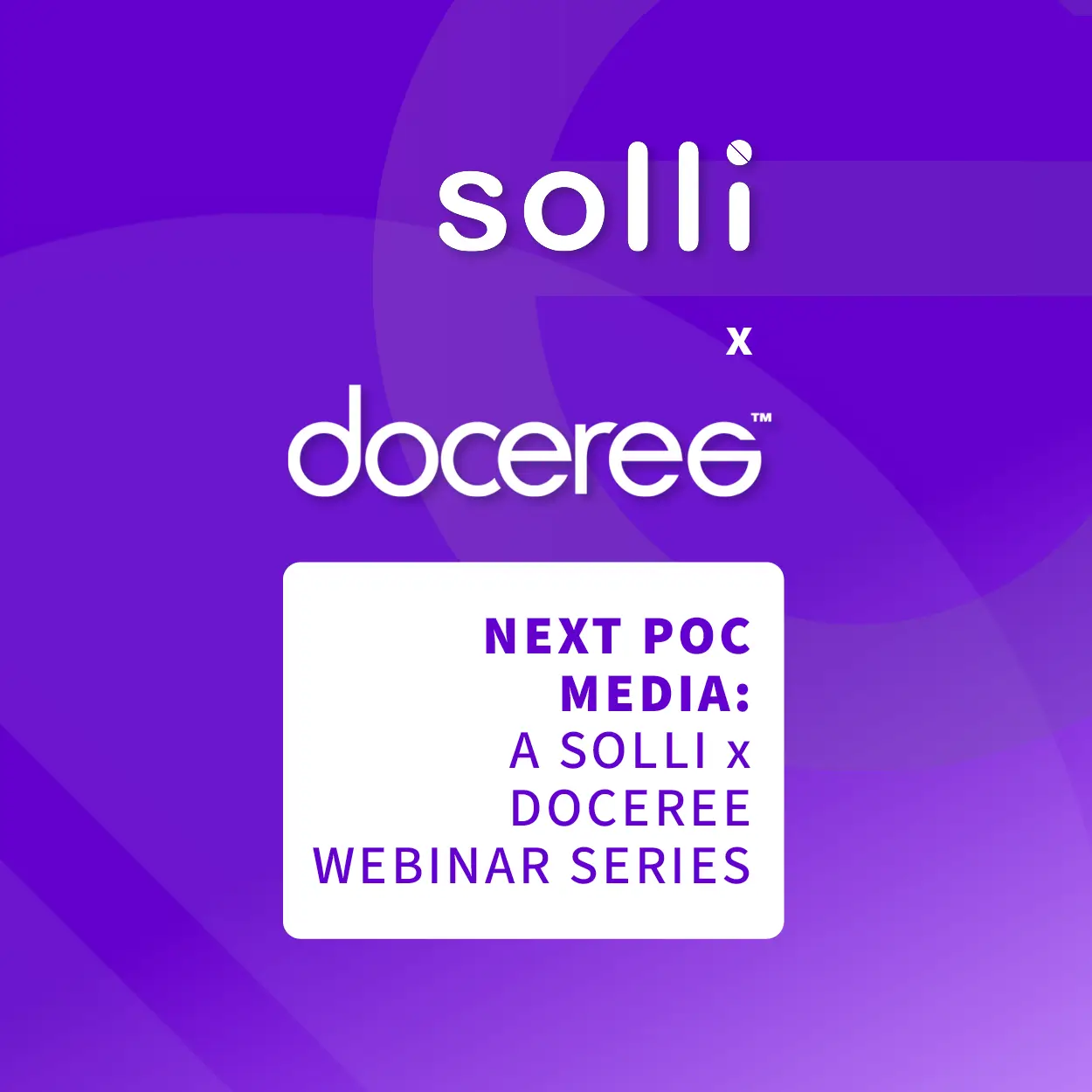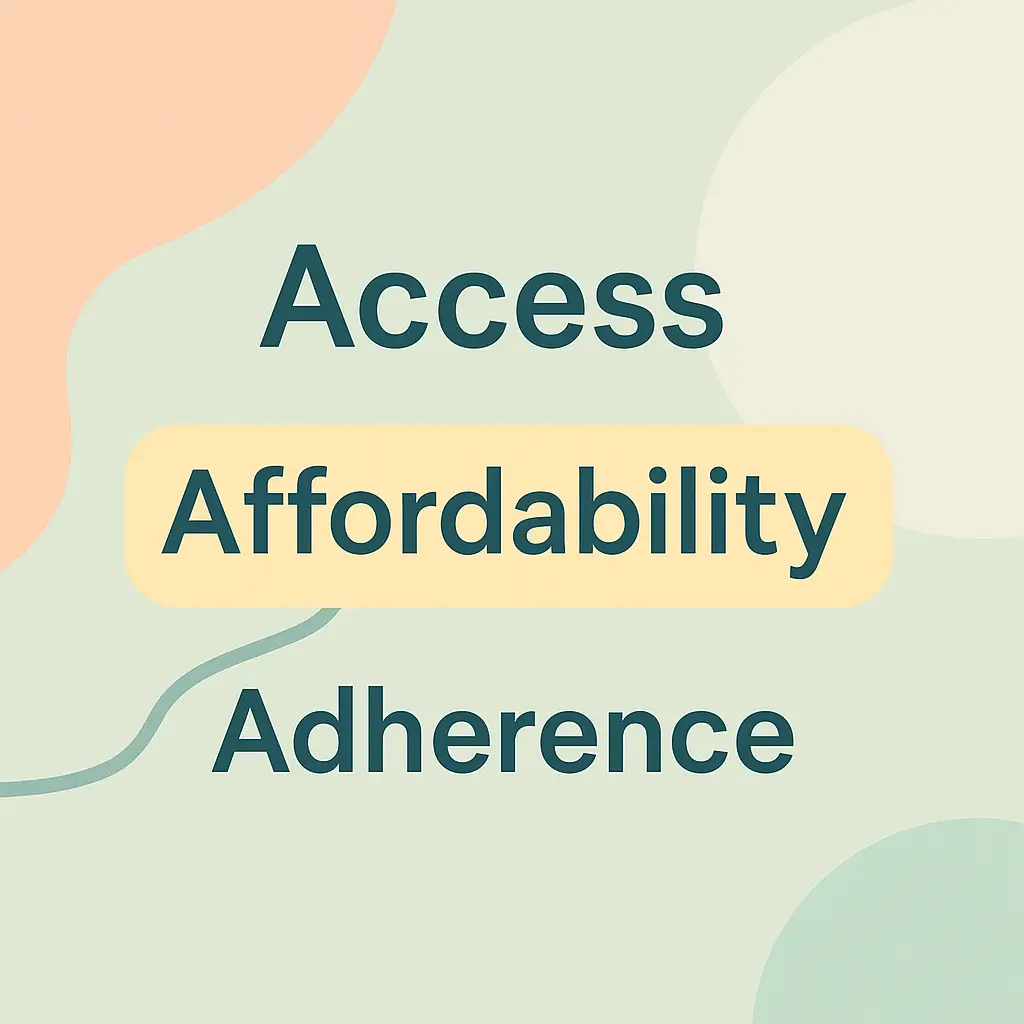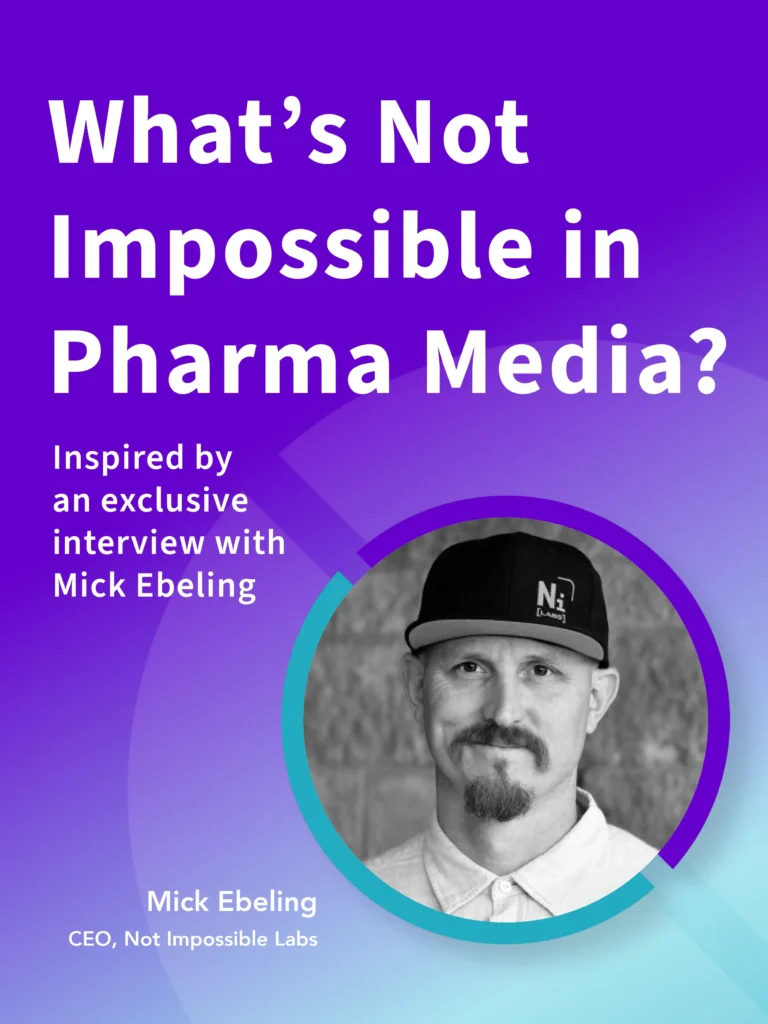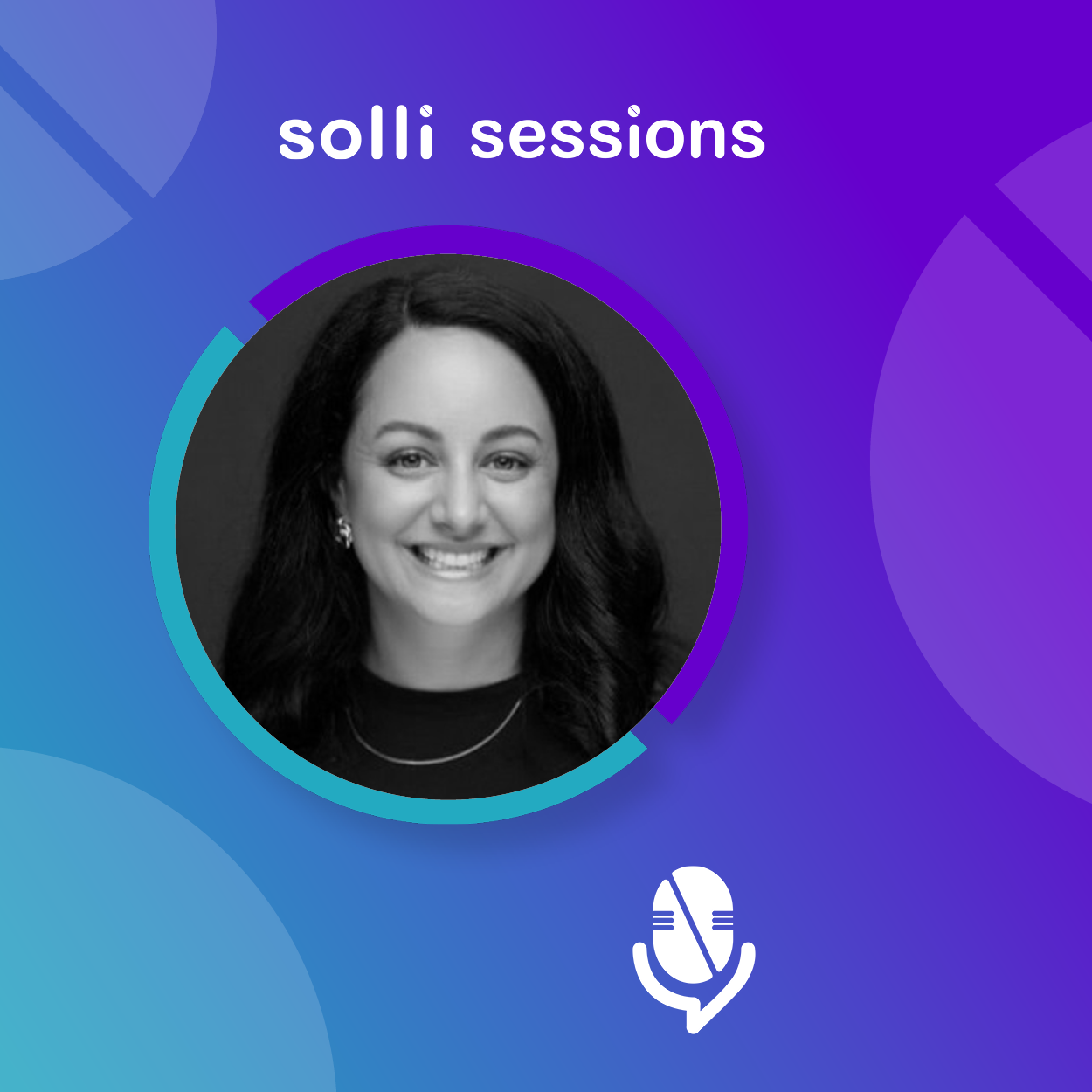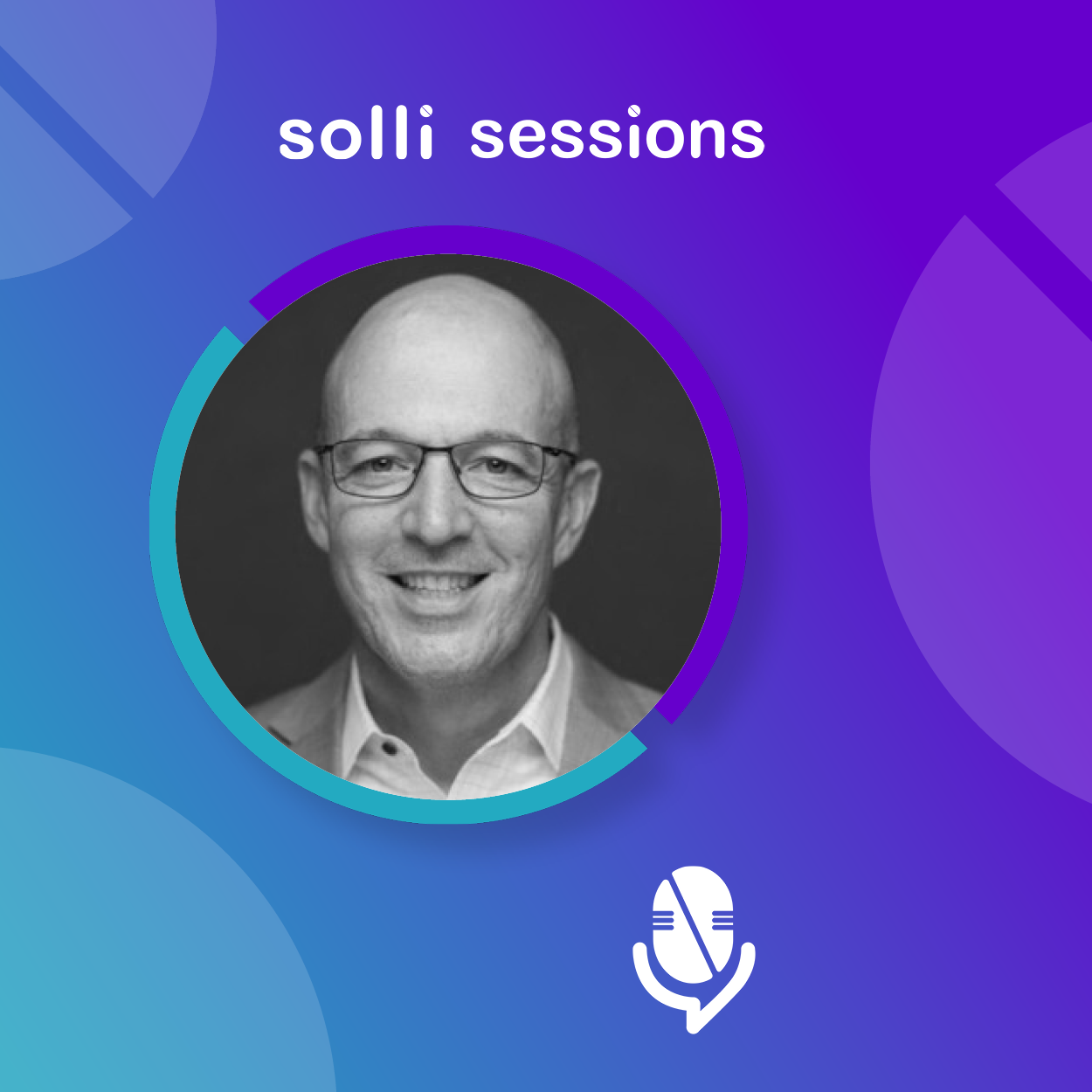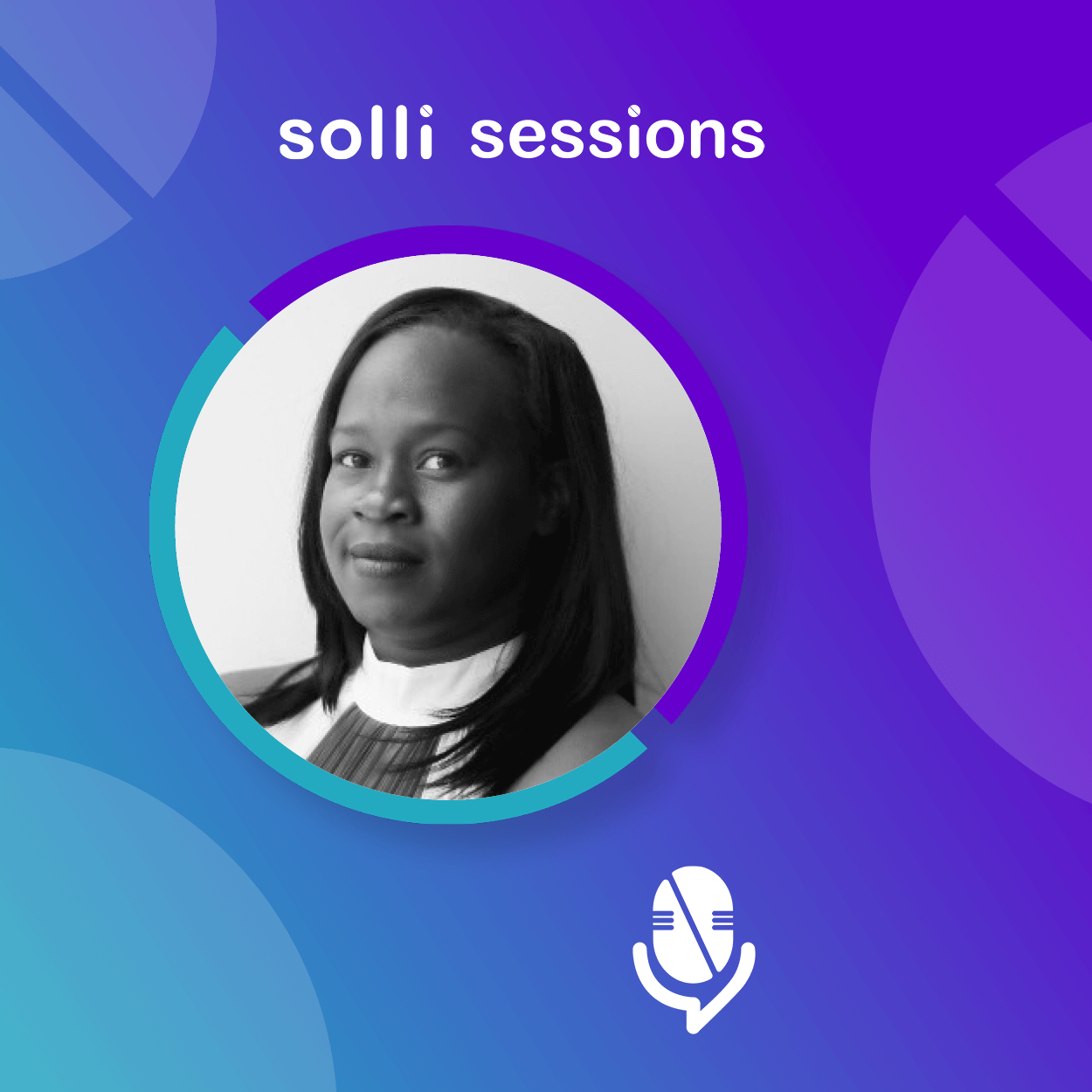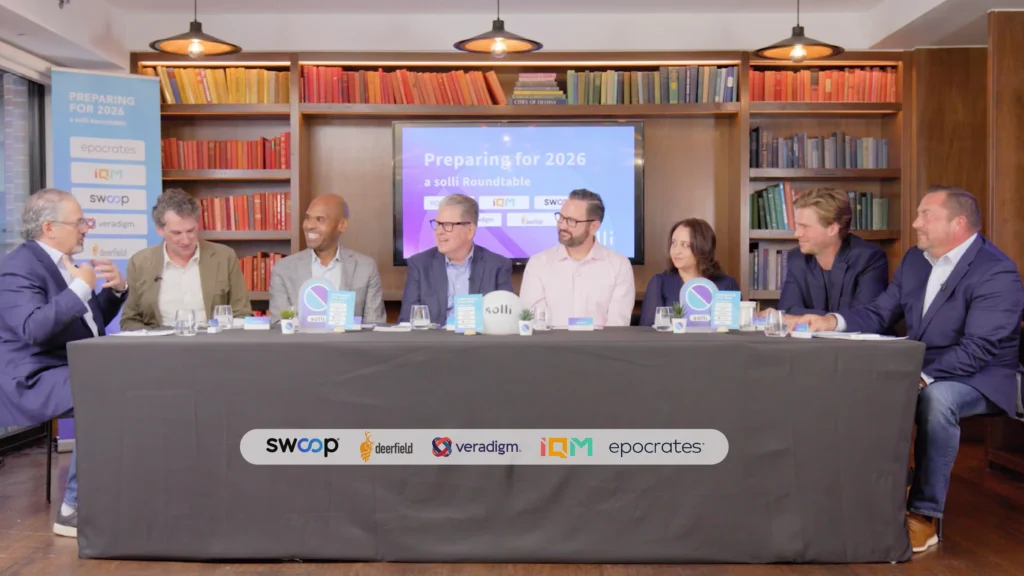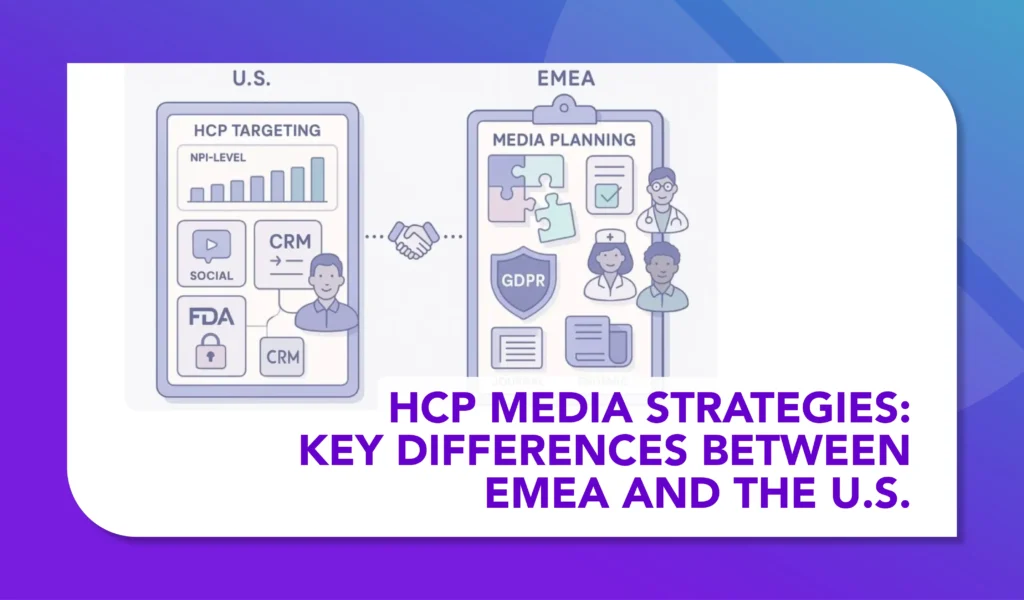Allison Mudd’s New Direction
A theater lover takes center stage at Veradigm
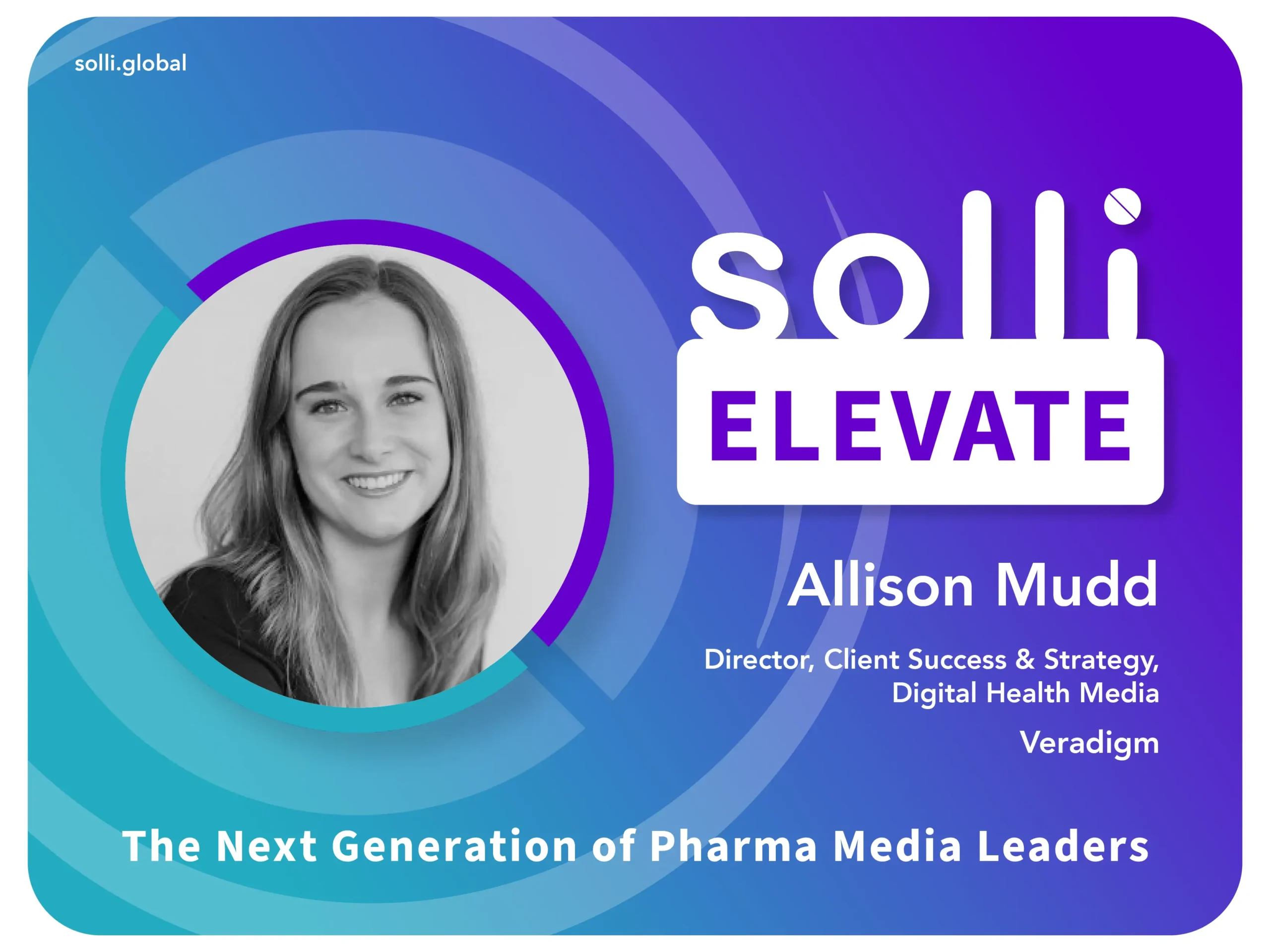
Allison Mudd grew up in Baltimore county in an environment that was, as she puts it, “entirely about health.” Several family members on her mother’s side worked at the Centers For Medicare & Medicaid Services (CMS), which could well have sparked an interest at an early age.
“I definitely have an acronym background,” she deadpans.
Instead, Mudd gravitated to the theater. “There was the traditional conversation: ‘Oh, my child is very emotive and has a lot of energy and isn’t good at sports. Here’s something that might work,’” she says with a laugh, noting that her twin brother went on to play lacrosse in college.
As it turns out, Mudd’s training and experience as a stage director prepared her well for a career in pharma media. Barely half a decade after making her way into the business, she finds herself in a directorial role of another sort at Veradigm, where she serves as director, client success and strategy, digital media.
“I like to feel scared,” she says. “My background is making things. That’s what I loved, and still love, about theater. It’s what I love about what I do now.”
After completing high school, Mudd attended an arts conservatory, where she studied theater and film direction. Following graduation, she juggled theater work with a range of day jobs. Within a few years, however, she grew tired of the grind. “I got sick of the really, really late nights,” she says.
While working in marketing for a Philadelphia-based events company, Mudd encountered people from CMI Media Group and other local healthcare-adjacent organizations. A college friend suggested that Mudd consider media planning, and she decided to give it a shot. She had the family background, after all, and her now-fiancé had already started working in pharma.
“It was like, ‘Sure, a 9-to-5 job sounds pretty good to me. Health insurance is amazing.’”
Skills that translate
Mudd describes her first months in the business, as an associate media planner at Publicis Health Media, as a blur. She admits having felt somewhat insecure in her new role and industry.
“I didn’t have a traditional education,” she says. “For a while I saw that as a hindrance.”
It wasn’t long before Mudd came to view it as an advantage. She believes that many of the skills she’d cultivated over the course of her theater years, especially ones related to engaging co-workers and audiences, were readily translatable to the world of pharma media.
Mudd felt like she truly arrived when, after her immediate supervisor was transitioned to a different account, her first self-authored media plan received an approving thumbs-up from the client. “It was a real moment of, ‘Oh wait, I can do all the things that are in my job title.”
She hasn’t looked back. Mudd stayed with PHM for just under two years, then transitioned to the vendor side of the business at analytics firm TI Health. She arrived prior to the company’s acquisition by Real Chemistry and integration into Swoop, at a time when TI was very much in startup mode. Mudd remembers the time as “very intense” and says she learned more during her first three months at TI than she had in the entirety of her (admittedly brief) tenure in media.
“The CEO was part of my daily life, which is not something that happens within the agency structure,” she recalls. “Mostly my job was asking our clients, ‘What do you need?,’ and figuring out how to get it done.”
She excelled in that capacity. Currax Pharmaceuticals head of marketing Derrick Gastineau worked with Mudd on an HCP omnichannel program that was first-of-its-kind for his company, and says she was intrinsic to its success.
“We were kind of building the plane as we were flying it,” he recalls. “Allison was our main point of contact and program lead, and it was clear from the start that we were in good hands. My team had a lot of questions but, even so, it was difficult to find a question that she didn’t already have an answer for.”
Mudd’s move to Veradigm built on the foundation of her work at TI/Swoop, where she had helped launch an EHR product. She had come to believe that EHRs offered huge, largely unrealized value to marketers and HCPs alike—and Veradigm was among the organizations most heavily invested in developing them.
Mudd joined the company in July 2024. Her role was both new and multifaceted, which gave her ample freedom to further shape it.
“When you’re on the supplier side, everybody tells you over and over again that you should do just one thing. Usually it’s sales if you’re good at talking to people,” she explains. “That’s fine, but I like the opportunity I have to innovate. I like being a sponge.”
Mudd’s former Veradigm colleague Damon Basch, who recruited her to the company, describes her as a quick study, “Her experience on the agency side and vendor side and her comfort adding value and ideation very early earned her the right to sit at the table and be a part of our product evolution and go-to-market strategy,” he says.
‘Very cool and also very scary’
In her year-plus at Veradigm, Mudd has authored a pair of studies that assessed emerging trends in EHR and point-of-care marketing. She notes that Veradigm started selling EHR inventory programmatically during her tenure, and is positively giddy about the company’s willingness to take big swings on a regular basis. At the same time, she acknowledges the risk that comes with this progressive approach.
“Being the first to try something is very cool and also very scary,” Mudd explains. “But if you believe that this is where the business is going, you have to have the courage to do it. If you’re not willing to make those big calls and adapt, you’re not going to survive.”
Mudd and her team at Veradigm take that credo to heart. “Speed is important, too. Sometimes you pass back a lot of data to a client and it doesn’t get acted on for two months, and then you’ve missed the moment,” she continues. “I’d rather that we move ahead really aggressively and experiment when we have the chance. It’s okay to fail.”
Mudd embraces a similar ethos outside the office. She’s still involved in the theater world, workshopping new plays as often as her schedule permits. She also volunteers weekly at a mental health helpline run by the National Alliance on Mental Illness, providing support for individuals in crisis and helping them navigate the intricacies of the healthcare and insurance landscapes.
“It’s a difficult system and it’s not intrinsic to most people. I feel like I’ve learned as much as I’ve helped,” she says
The volunteering ties into her work at Veradigm, which works with several brands in the mental-health space. “When I’m at conferences listening to people talk about this, there’s an element of awareness about access that’s missing… Sometimes we think about what we do in terms of numbers—trying to drive a certain increase in scripts—but each script is a person.”
All of this probably explains why Mudd is hesitant to make predictions about the path ahead of her. “I find it challenging to talk about five or 10 years down the road, because I don’t know where the industry’s going,” she says. “All I know is I like being at the front of something new. I want to be one of the people who works on the next big thing, the new programmatic we’ll have in five years.”
Gastineau is less hesitant to gaze into the crystal ball. “Allison hasn’t even scratched the surface of her ceiling yet,” he says. “She’s going to be leading large teams someday. That said, I think she’ll always make time to stay close to the clients she works with. The people matter to her just as much as the work does.”
This profile is part of the solli Elevate series, celebrating the Next Generation of Pharma Media Leaders. View all profiles here.

